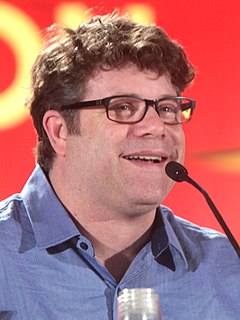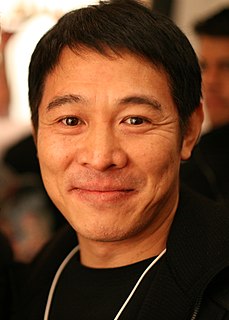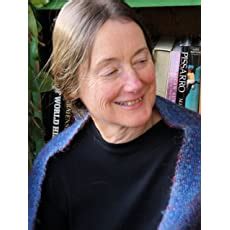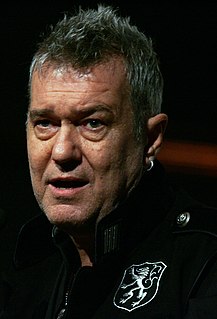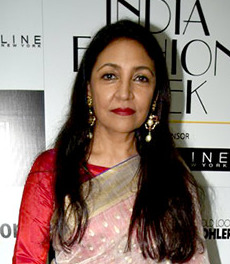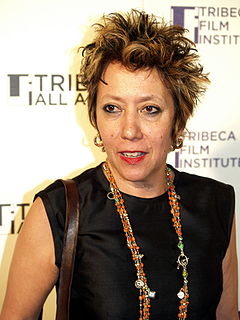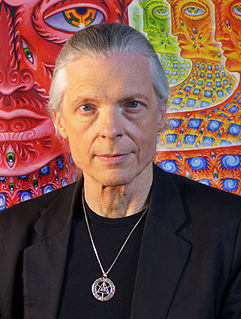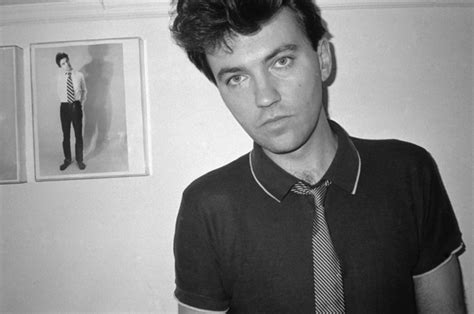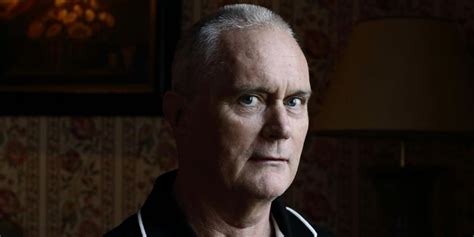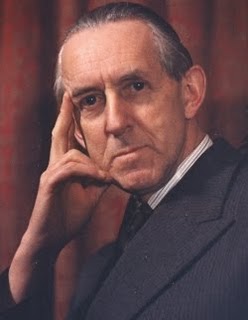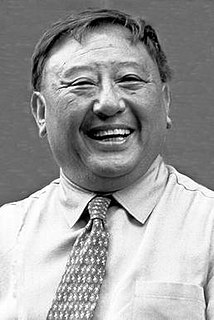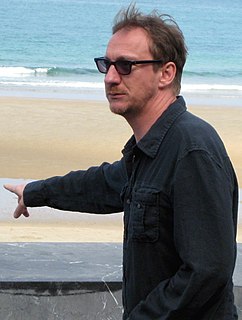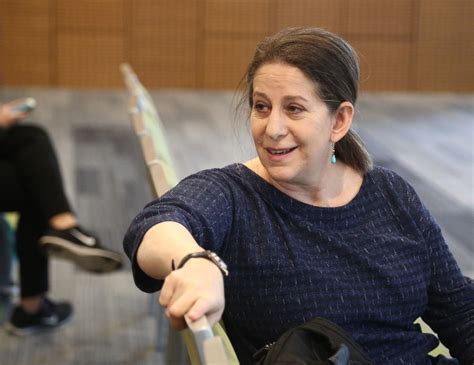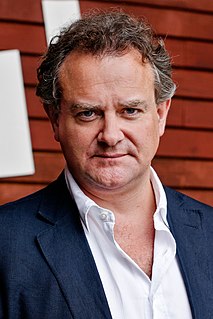Top 612 Tibetan Buddhist Quotes & Sayings
Explore popular Tibetan Buddhist quotes.
Last updated on December 2, 2024.
One Mongolian leader became a very, very brutal dictator and eventually became a murderer. Previously, he was a monk, and then he became a revolutionary. Under the influence of his new ideology, he actually killed his own teacher. Pol Pot's family background was Buddhist. Whether he himself was a Buddhist at a young age, I don't know. Even Chairman Mao's family background was Buddhist. So one day, if the Dalai Lama becomes a mass murderer, he will become the most deadly of mass murderers.
One of the happier ironies of recent history is that even as Tibet is being wiped off the map in Tibet itself, here it is in California, in Switzerland, in Japan. All over the world, Tibetan Buddhism is now part of the neighborhood. In 1968, there were two Tibetan Buddhist centers in the West. By 2000, there were 40 in New York alone.
One day I saw a picture of the Buddha on a Buddhist magazine and he was sitting on the grass, and he was sitting on the grass, very peaceful, smiling, and I was impressed. Around me people were not like that, so I had the desire to be someone like him. I nourished that kind of desire until the age of sixteen, when I had the permission from my parents to go and ordain as a Buddhist monk.
When I speak in Christian terms or Buddhist terms I'm simply selecting for the moment a dialect. Christian words for me represent the comforting vocabulary of the place I came from hometown voices saying more than the language itself can convey about how welcome and safe I am what the expectations are and where to find food. Buddhist words come from another dialect from the people over the mountain. I've become pretty fluent in Buddhist it helps me to see my home country differently but it will never be speech I can feel completely at home in.
I was born in England and brought up in London. When I was 18 I read a book and came across the Dharma. I was halfway through the book when I turned to my mother and said, "I'm a Buddhist," to which she replied, "Oh are you dear? Well finish the book and then you can tell me about it." I realised I'd always been Buddhist but I just hadn't known it existed, because in those days not even the word 'Buddha' was ever spoken. This was in in the 1960s, so there wasn't that much available, even in London.
There are many graphic artists who have interpreted The Ancient One as a Tibetan Buddhist Lama, we're kind of shifting that a bit. We're trying not to be fixed, we're trying not to be fixed to any one thing, any one gender, any one spiritual discipline, and any one race even; we're just trying to wing it beyond that. So it's a new gesture really, just another interpretation.
The great achievement of Zen Buddhism, and all of its cultural expressions in painting or the tea ceremony or rock gardens, is a rejection of earlier Buddhist ideas which were dependent
upon narrative - all the mythological creatures that populate the Buddhist galaxy. Zen insisted on the real located in nature.
Dreams are a reservoir of knowledge and experience yet they are often overlooked as a vehicle for exploring reality. In the dream state our bodies are at rest, yet we see and hear, move about and are even able to learn. When we make good use of the dream state it is almost as if our lives were doubled: instead of a hundred years we live to be two hundred -- Tibetan Buddhist Tarthang Tulku from
We need a sense of the oneness of the 7 billion human beings alive today. When I meet people, I don't think about being different from them, about being Tibetan, Buddhist or even the Dalai Lama. I only think about being a human being. We all share the potential for positive and negative emotions, yet one of our special qualities is our human mind, our intelligence. If we use it well we'll be successful and happy.
I do a lot of reading on Buddhist philosophy, and a Buddhist nun named Pema Chödrön talks a lot about acceptance. It's one of the main tenets of Buddhism - accepting that what is, is. The root of our suffering is when we just don't want to accept a truth. We want something to be different than it is.
One of the things I regret about not putting in that book or I think it's there but I didn't really elaborate on it, is contraception. I came across someone who articulated very clearly that one of the things which makes our approach to Buddhist practice in regards to sex different these days than it was in Buddhist times, is the simple existence of reliable contraception, which is a no brainer but I missed really addressing it in the book.
By god the Buddhist means that from which the universe was born, the unborn of the Buddhist scriptures, and by soul that factor in the thing called man which moves towards enlightenment. Why need more be said of it, at any rate those who are not content with scholarship, but strive to attain that same enlightenment?
Ko Un's poems evoke the open creativity and fluidity of nature, and funny turns and twists of Mind. Mind is sometimes registered in Buddhist terms - Buddhist practice being part of Ko Un's background. Ko Un writes spare, short-line lyrics direct to the point, but often intricate in both wit and meaning. Ko Un has now traveled worldwide and is not only a major spokesman for all Korean culture, but a voice for Planet Earth Watershed as well.
Dalai Lama has made new opportunities for women that they never had in Tibet, introduced science into the monks' curriculum and had Tibetan students in exile take their classes in English after the age of ten so that they will know more about the outside world. But one of the great things he's done is to bring all the Tibetan groups together in exile, as perhaps they couldn't have been when they weren't in exile and they weren't under such pressure.
I think it's more, at least at the time, a sense of abstraction. My mind doesn't really work in a way where there's a definitive sense of something. I go one way and then it opens up into a million different ideas, and somehow, when you look at the art, Buddhist art, or particularly Tibetan art, you know, it's a similar thing. All of a sudden there are a million lotus leaves and you're following one to the next and to another, and I related to that, and it felt simple and easy to me. And it made me feel smart.
There is a Greco-Buddhist school of architecture and sculpture that you find everywhere in the world. It's fascinating, because Alexander died in 323 B.C. and Buddha existed around 500 B.C. But Alexander met Buddhist-type sages. And they had a different view of the world, as you know. They saw it in circular terms. They didn't need to conquer any land. And there are blond people who live in that region who are said to be descended from the soldiers who stayed. He left garrisons all over the world as he went.
Gonpo Tso was born a princess. As a young woman, she dressed in fur-trimmed robes with fat ropes of coral beads strung around her neck. She lived in an adobe castle on the edge of the Tibetan plateau with a reception room large enough to accommodate the thousand Buddhist monks who once paid tribute to her father.
I would now put all my heart with the Tibetan people and the Tibetan cause, but not at the expense of the Chinese, and not say that Tibetans are good and Chinese are bad. And in my own life, I hope I would learn to be a little less full of right and wrongs, and a little more able to see everything as a potential right.




